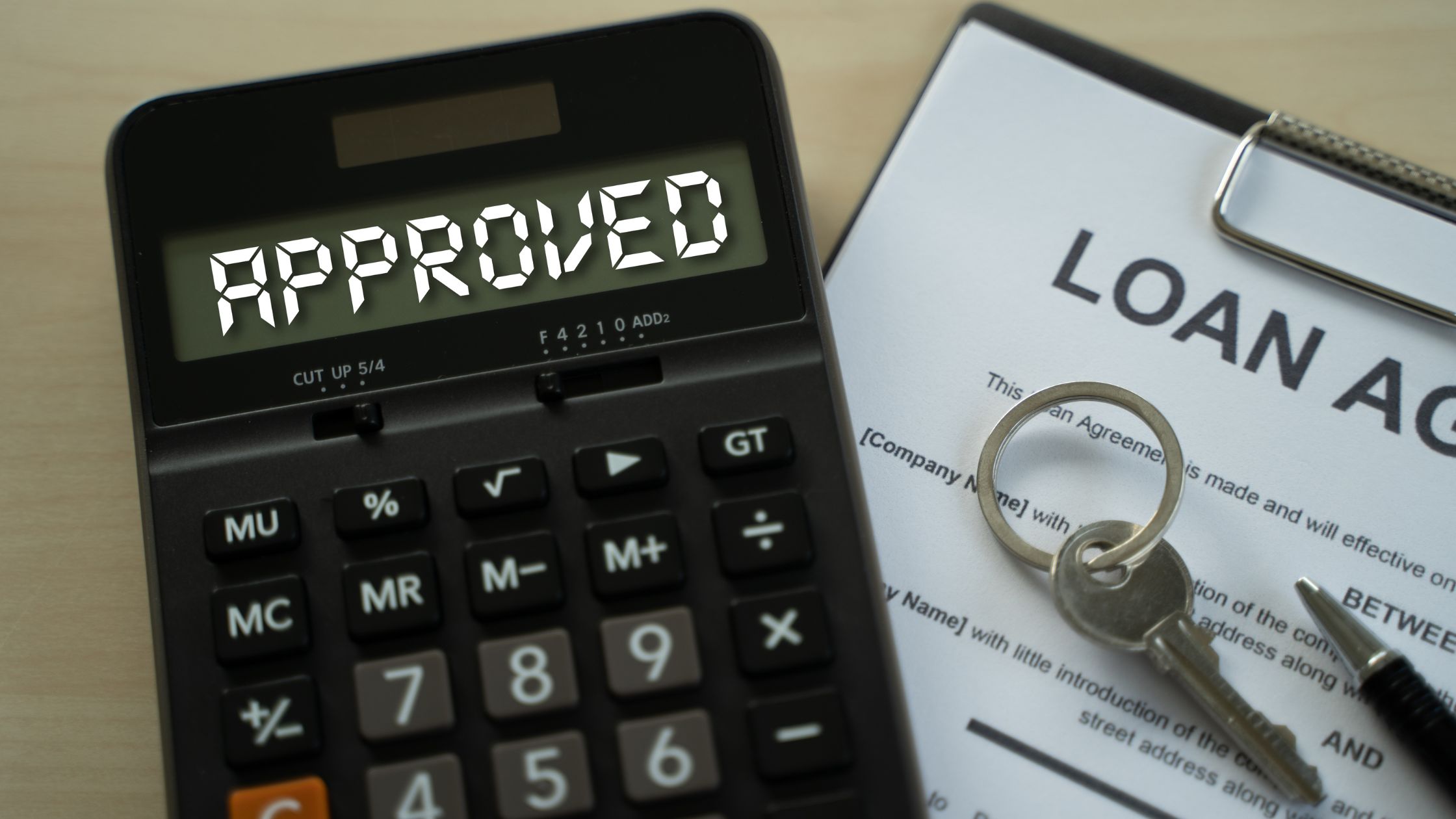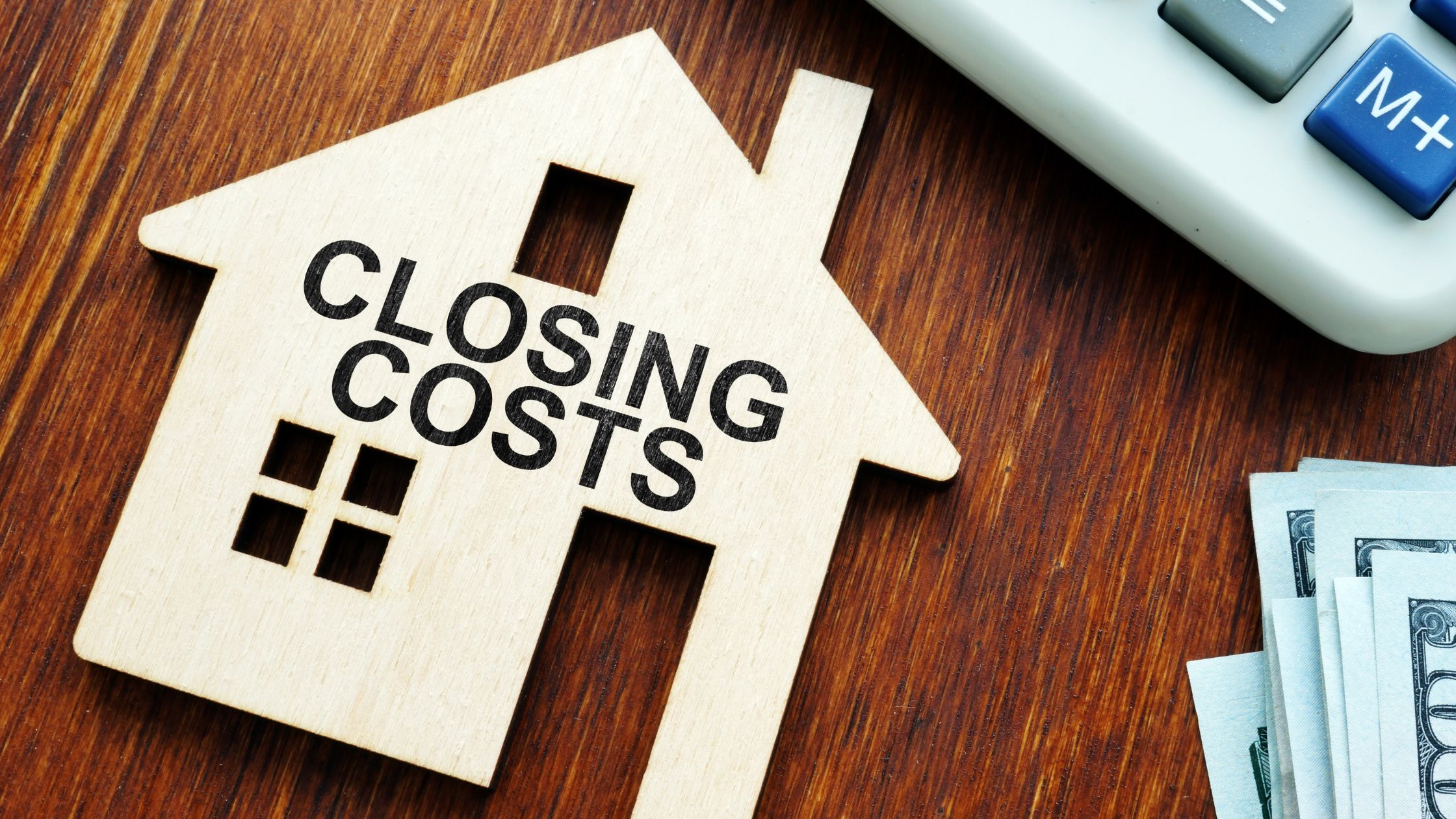Buying a home is an exciting milestone, but the cost of homeownership extends far beyond the down payment and closing costs. Many first-time buyers focus only on upfront expenses, but it’s essential to understand the ongoing costs of owning a home—including property taxes, homeowners insurance, mortgage payments, and home maintenance expenses.
Failing to budget for these costs can lead to financial stress down the road. To avoid surprises, here’s a breakdown of the true cost of homeownership, covering both one-time homebuying expenses and recurring homeownership costsyou’ll need to plan for.
Down Payment
The down payment is a lump sum paid at closing, typically ranging from 3% to 20% of the home’s price. However, some loan programs, like VA and USDA loans, allow qualified buyers to purchase a home with no down payment. If you don’t qualify for these loans, you’ll need to save at least a few thousand dollars to secure financing.

Closing Costs
Closing costs include fees for loan processing, legal services, and escrow. These expenses usually range from 2% to 6%of the loan amount. Common charges include appraisal fees, underwriting costs, and title insurance. Buyers should budget accordingly to avoid last-minute financial strain.
Ongoing Costs of Homeownership
Once you own a home, the expenses don’t stop. In addition to your mortgage payment, you’ll need to budget for these recurring costs:
Monthly Mortgage Payment
Your mortgage payment isn’t just loan repayment—it also includes property taxes, homeowners insurance, and, if applicable, private mortgage insurance (PMI). Lenders often use the acronym PITI to describe these components:
- Principal – The amount borrowed
- Interest – The cost of borrowing
- Taxes – Property taxes assessed by your local government
- Insurance – Homeowners insurance and possibly PMI
Property Taxes
Property taxes vary by location and are based on your home’s assessed value. The average U.S. homeowner pays around $2,900 per year in property taxes. If you have a mortgage, your lender may collect these payments monthly and manage them through an escrow account.

Homeowners Insurance
Lenders require homeowners insurance to protect against damage or loss. Premiums can range from $1,000 to $2,000 per year, depending on your home’s location, size, and risk factors.
Private Mortgage Insurance (PMI)
If your down payment is less than 20%, lenders typically require PMI. This extra fee gets added to your mortgage payment and protects the lender in case of default. Once you reach 20% equity, you may qualify to remove PMI and reduce your monthly costs.
HOA Fees
If your home is part of a homeowners association (HOA), you’ll need to pay HOA dues. These fees, which cover community maintenance and amenities, typically range from $200 to $300 per month but can vary widely.

Utilities
Homeownership comes with essential utility costs, including electricity, water, heating, air conditioning, and internet. On average, homeowners spend about $400 per month on utilities, though this can fluctuate based on location and usage.
Maintenance and Repairs
Owning a home means handling upkeep and unexpected repairs. Experts recommend setting aside 1% of your home’s value annually for maintenance. Small expenses like air filter replacements and major repairs like a new roof can add up over time.
Bottom Line
Before buying a home, take time to evaluate your financial readiness. Factor in both upfront and ongoing costs to ensure you can comfortably afford homeownership. By planning ahead and budgeting wisely, you’ll be prepared for the responsibilities that come with owning a home.
Thinking about buying? Start by getting pre-approved for a mortgage to see what fits your budget.
Get My Custom Rate QuoteNo SSN required. Zero impact to credit. Your Information is never sold.



